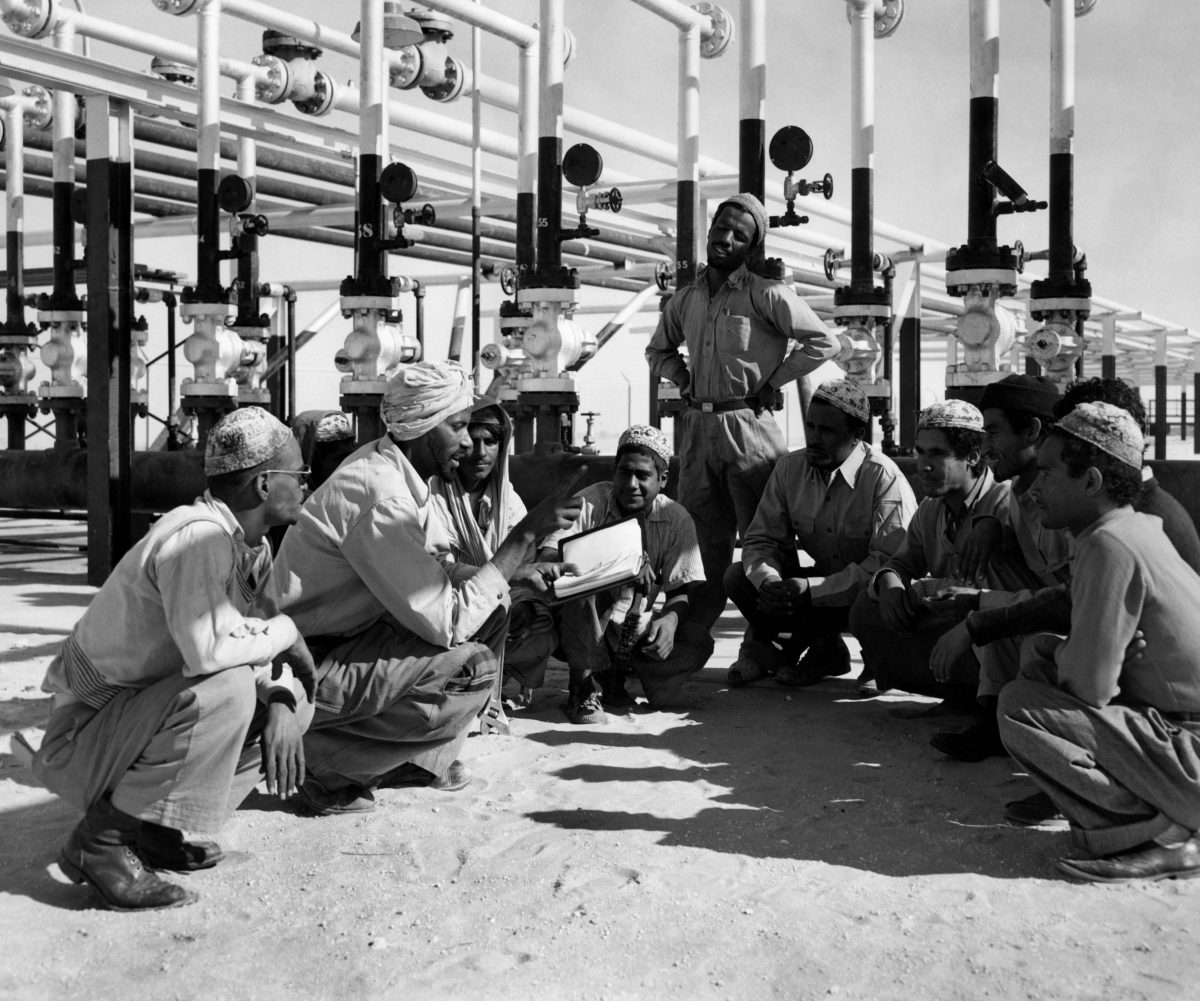
New Policy Brief on migrant workers in Saudi Arabia
In a new policy brief released this month, FairSquare finds that the issue of migrant worker rights is likely to become ever more salient for the Saudi Arabian government in coming years.
With hundreds of thousands of migrants needed to construct the giga-projects that sit at the heart of the Crown Prince’s Vision 2030 strategic plan, international attention on this issue is certain to increase in the coming years. Until now migrant workers’ rights have rarely been given prominence, as external focus on the country has mainly centred around freedom of expression, women’s rights and the death penalty. Now flagship projects like Neom, the Red Sea Project and the leisure city of Qiddiya are likely to change all that.
FairSquare’s policy brief, the first in an occasional series, charts the inextricable links between Saudi Arabia’s continued struggle to find meaningful employment for its growing population of citizens and its historic reliance on migrants to staff the private sector. The kafala system, which holds migrants In a restrictive, abusive bind at the hands of their employers, has played an important role in creating and sustaining Saudi national identity, providing a constant demonstration of the enhanced status and standing of citizens as against foreigners. In parallel, businesses have developed a reliance on (an “addiction” to, some say) migrants and the cheap convenience the kafala system guarantees.
Simply replacing migrants in the private sector with Saudis is unlikely to be feasible in the short term – in many sectors, there is still little overlap between work migrants are doing and the jobs that Saudis are qualified and willing to do. Nevertheless intensified Saudization in the past decade has meant a reduction in the number of migrant workers in the country, a trend sharpened by Covid-19. Such departures have routinely been enforced, accompanied by high levels of brutality, and migrants have increasingly been demonised in the Saudi media.
Ultimately, rather than relying on mass repatriations, the government will need to improve conditions for all workers in the private sector if it wants to entice more Saudis into the workforce and attract the skilled migrants it wants to help it deliver Vision 2030. That – combined with learnings from Qatar, which has come under intense scrutiny over migrant labour conditions and embarked on a reform programme in partnership with the ILO – may explain the government’s deepening engagement with international labour institutions, and rumblings throughout 2020 about the abolition of kafala. Just yesterday, a local newspaper repeated predictions that the government was set to abolish kafala, while the government is set to hold a press conference next week in which it will outline reforms to “increase the competitiveness, attractiveness and flexibility of the Saudi labor market in accordance with international standards”.


